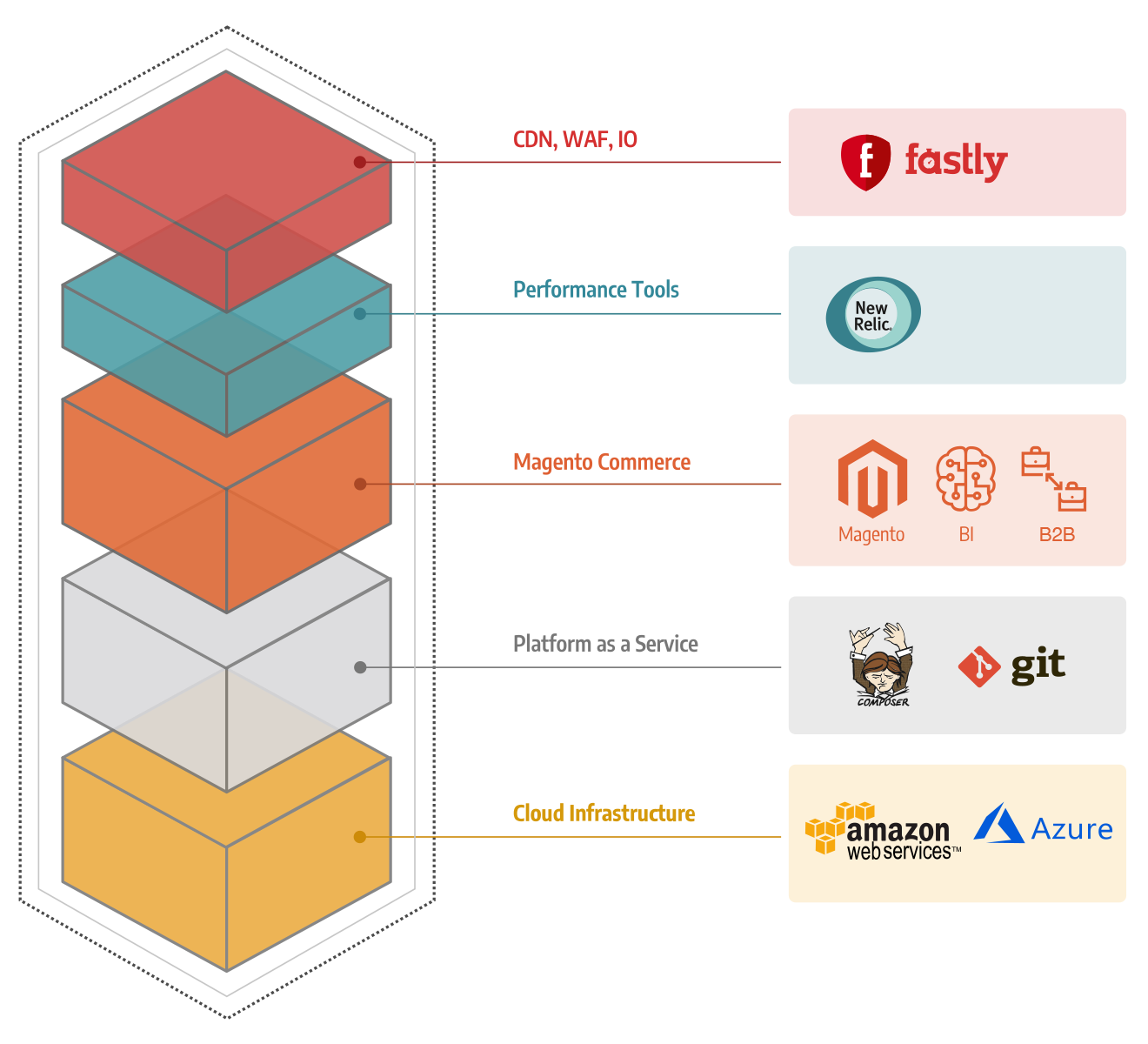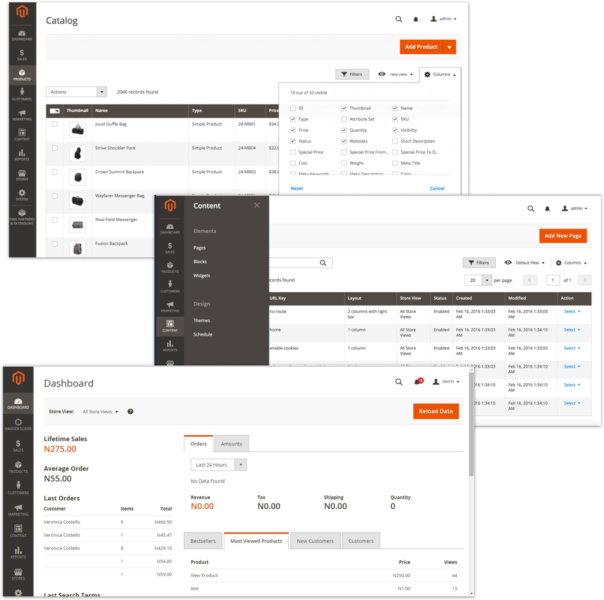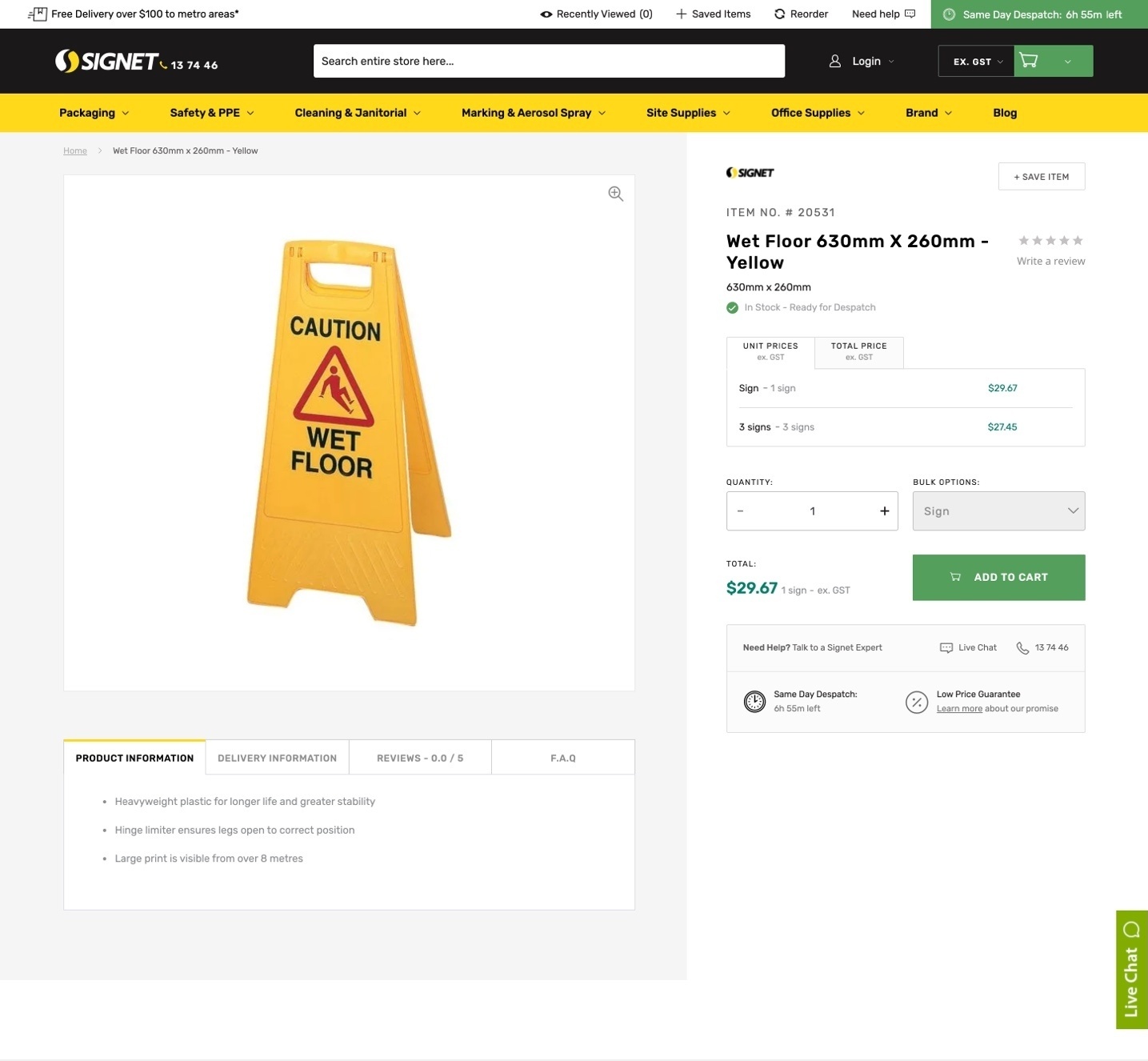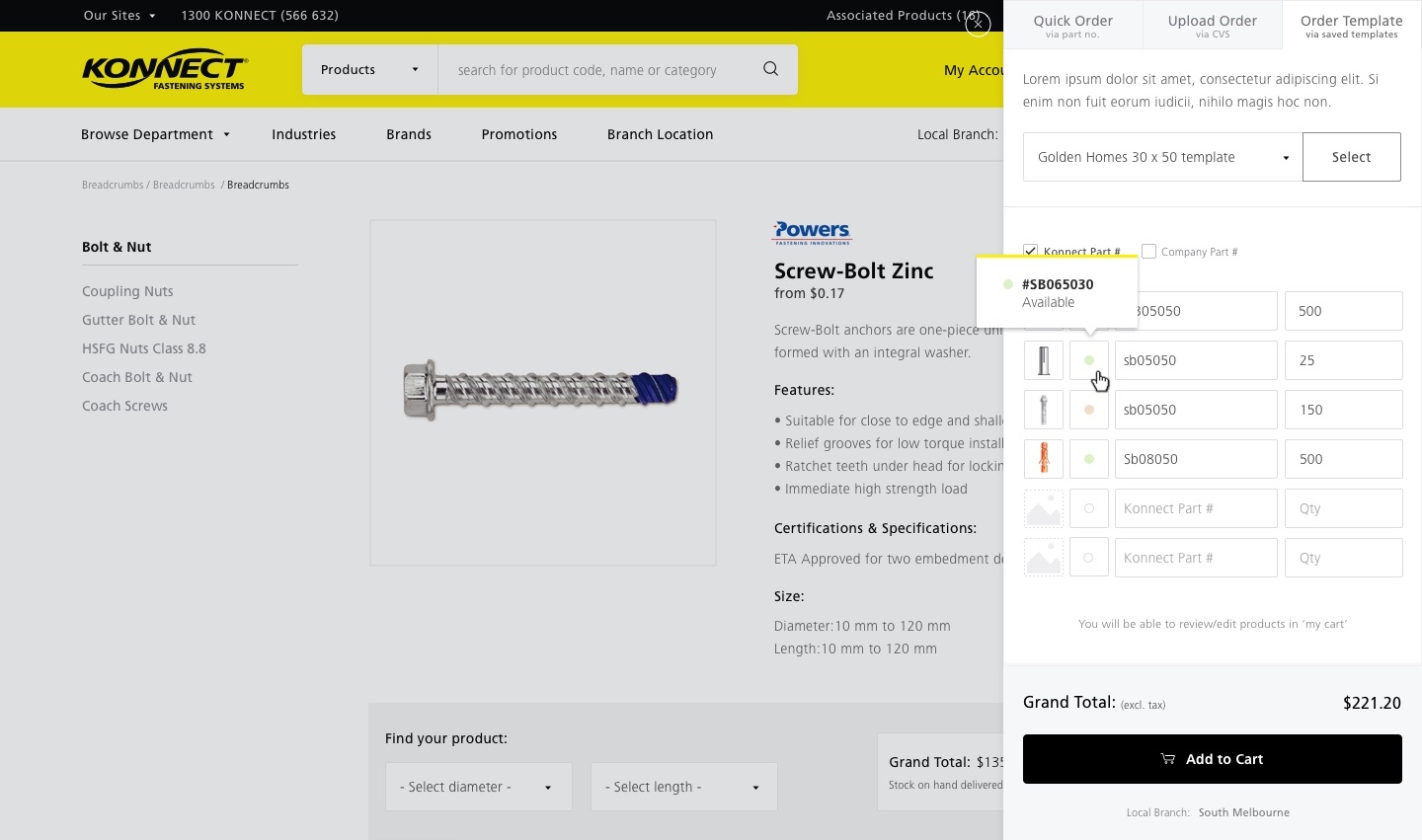
Australia Adobe Magento developers + APAC Adobe Magento partner of the year.



Platform-as-a-Service
Magento is best implemented as a Cloud Solution utilising the best in class architecture, overseen by the Magento services team. This architecture includes in a single fee; Server Hosting, Application Environment, Software Licensing, along with Best in class Performance tools and Frontend Distribution tools. We refer to this as a ‘Platform as a Service’, or PaaS.
Infrastructure
Magento 2 Commerce Cloud is hosted on Amazon Web Services [AWS] and implemented at the most local node to your core target audience. The standardised Composer & GIT environments ensure structured development & implementation, and that the code source IP remains in the hands of the store owner, and not the agency.
Commerce
As well as the core Magento code base, the Magento 2 Commerce Cloud solution is also ported with the highly valuable Business Intelligence (Cloud Pro*) and the Business to Business [B2B] modules. This is true multi-channel solution for advanced Digital Retailers.
Performance
The best in class toolsets of NewRelic & Fastly ensure the business uptime, server-side & client-side performance optimisation monitoring and continual improvements.

Customisable Open Source
The core reason behind M2’s success is the unparalleled ability to customise solutions and build deep brand-specific experiential solutions. With complete access to the source code, solutions are bound more by the breadth of creative retailing, than they are by platform limitations. This is further supported by the largest range of approved extensions, and out of the box integrations with the majority of major services.
Multiplicity as Standard
M2 is built for modern retailers, that operate in a complex multiplicity environment. This natively supports retailers’ ability for multi-channel inventory, multi-currency, multi-domain, and multi-language all from a single installation (and license fee).
World Leaders
M2 is continually recognised as a Leader in the annual Gartner & Forrester reports. Now, as part of the Adobe suite, the continued investment into the Magento Commerce ecosystem will cement and advance this market position.

Magento Business Intelligence
Whilst tools like Google Analytics can provide a positive framework of insights, true Business Intelligence [BI] comes from being able to overlay customer session insights with the core underlying product data.
The Magento 2 Business Intelligence toolset is now ported as standard with Magento 2 Pro, and gives universal access to all data points and building of dashboards pertinent to individual roles within the business.
We anticipate aggressive growth of this service as Adobe looks to roll-out Adobe Analytics into their commerce stack over the coming year.
Magento Page Builder
Magento Commerce Cloud comes ported with powerful content creation tools that enable merchants to create best-in-class shopping experiences without creative limits or the need for developer support. Magento Page Builder considerably reduces the time needed to manage site content with in-line editing, reusable dynamic blocks, and the ability to save pages and content layouts as templates to reuse across multiple sites.
The WYSIWYG editor makes it straightforward to design content updates, preview them live, and schedule publication without dependencies on other teams, effectively allowing developers to focus their efforts on building great shopping experiences that differentiate your brand.

Magento 2 Commerce Cloud is ported with rich B2B functionality out of the box that can be configured to accommodate even the most complex B2B, Wholesale or Manufacturing requirements while reducing the total cost of ownership and providing the flexibility that other platforms cant.
Self-service account tools empower B2B customers
Magento Commerce empowers companies buying from B2B sites to manage their accounts and take control of their purchasing experience with easy-to-use self service tools. Companies can easily go to their company account to:
Customise catalogues for B2B buyers
Magento enables B2B companies to create customized catalogues and price lists and assign them to individual companies or groups of companies. This allows B2B companies to honour the negotiated contracts they have with their customers when they shop online. The products and categories included in the catalogue control the buyer’s shopping experience on the site, including what products show up in search results, what appears in site navigation, and what they are eligible to purchase.

Order by SKU to accelerate purchases
Magento’s quick order feature enables buyers to quickly add products to their carts by searching for a product name or SKU number, entering individual or multiple SKU numbers or uploading CSV files with many SKUs
Magento validates that the SKUs are in the assigned catalogue and available in inventory, and displays product information (including a thumbnail picture and price) so the buyer can confirm the correct SKUs have been entered, then, all the buyer has to do is enter their desired quantity and hit “add to cart” to checkout or request a quote.
Speed restocking with requisition lists
Buyers can also create requisition lists. Requisition lists are like saved shopping lists containing frequently purchased products and quantities for fast and easy restocking. Multiple lists can be created by each buyer to support different purchasing needs or projects.
Buyers can add products to them by entering SKUs, copying previous orders, or selecting “Add to Requisition List” from product and category pages. To place an order from a requisition list, buyers just need to select which products they wish to purchase, review and adjust the quantity if needed, and click on “Add to Cart” to start the ordering process.

Magento 2 has highly advanced and scalable Open API’s allowing us to build integration into any back-office solution. Overdose have operated with multiple permutations of ERP and Middleware providers and has integrated archaic ERP & POS software into this modern cloud architecture. A few examples of those working with an enterprise-level stack with high data integrity;




















Overdose have been designing solutions on the Magento platform since its inception in 2007. Our client list spans all versions of the platform, across categories and engagement types, with a growing B2B category and Global B2C.












